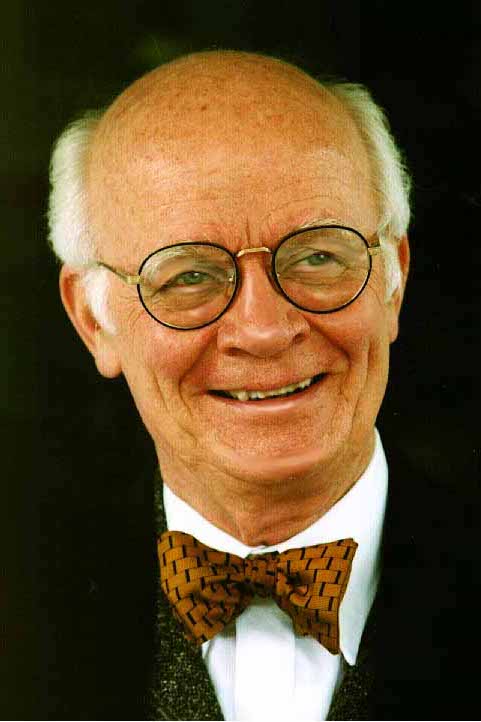Thirteen months ago Sightings commented on a report by the Religious Institute on Sexual Morality, Justice, and Healing, and its unsurprising finding that most theological seminaries do nothing to prepare future ministers to deal with sexual issues. They do almost as little on economic issues. Can we all agree that sex and mammon are the dominating issues in culture, politics, society, and thus in religion? Leaders cannot get a quorum in churches, synods, assemblies, conventions, retreats, and programs to discuss classic theological themes – in the Christian case, about God, Jesus Christ, salvation, and more. Yes, Scripture comes up a good deal, but mainly from partisans on all sides who scour those scriptures to find “proof passages” for their preset positions. “Sex” and “economics,” along with “war,” are “it” in our epoch.
The Institute is back with a new report, “Sexuality and Religion 2020.” Its authors speak well of progress toward enlightenment during the past decade, but also discuss deficiencies. I’ve been involved with a couple of phoned press conferences and media appearances on this issue and, to prepare, I’ve studied the report thoroughly. This time seminaries get treated briefly, and then it’s on to critiques of clergy, congregations, religious leaders, adult educators, people in the pews, and everyone else in range who close their eyes to the need for better approaches to the subject. The Institute, to its credit, does not narrow its attention to the usual trinity of homosexuality, contraception, and abortion, but focuses more on justice issues and “pastoral needs” that often get overlooked in the debates and proposals.
Signers of those two Institute statements tend to come – well, they do come – from the religiously liberal end of the spectrum. But they do not have the field to themselves: One of the creative results of the issuing of these papers is the fact that they have evoked responses from the religiously conservative end. Widely circulated was a blog from Albert Mohler, President of the Southern Baptist Theological Seminary, who asks “Are Preachers Too Silent About Sex?” Yes, he agrees with the Institute, but from there on he disagrees with all the Institute’s positions and proposals. His is both an attack on liberal failures and an agreement that no one handles sexuality-and-religion well.
Wouldn’t it be nice if these polar positioners were not “preaching to their congregations” and “firming up their bases” but were somehow able to carry on honest, open, text-based dialogues toward de-polarizing ends and human good, beginning with “churchly” good? Ask me how to get the two sets of believers into interaction with each other, and I’d run for cover, so tempted toward defeatism and fatalism on this subject one is conditioned to be. But, based on the thousand clips and releases and blogs which Sightings has surveyed over these years, I will ask one question that has to do with tonality, style, and approach: “What if” the matter were approached more through conversation and less through argument? Argument, as we often note, is set by the answers, but conversation by the questions. In argument we attack and defend on the basis of positions we know and hold. Conversations are determined by questions in which we inquire also about what we don’t, and can entertain the new.
Republished from Sightings with permission of the University of Chicago Divinity School.

The Fairfax M. Cone Distinguished Service Professor Emeritus at the University of Chicago, Dr. Martin E. Marty taught there for 35 years, chiefly in the Divinity School, where the Martin Marty Center for the Public Understanding of Religion was founded and to whose weekly column Sightings he contributed. Ordained a Lutheran pastor in 1952, he served from 1956-2013 as a columnist and senior editor at the Christian Century and authored more than 60 books including Righteous Empire, for which he won the National Book Award; the three-volume Modern American Religion; The One and the Many: America’s Search for the Common Good; The Mystery of the Child; Building Cultures of Trust; The Christian World: A Global History; Martin Luther (in the “Penguin Lives” series); and Dietrich Bonhoeffer’s Letters and Papers from Prison: A Biography.
